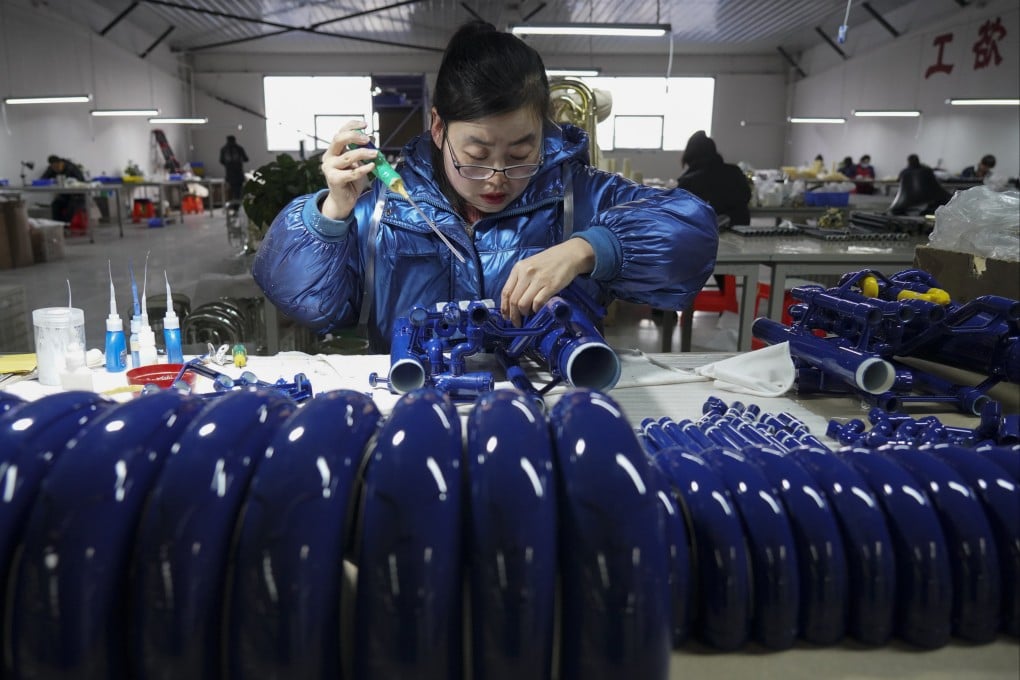Advertisement
Macroscope | As US and EU trade barriers go up, developing economies must learn to help themselves
- Western protectionist policies are often driven by legitimate domestic and global concerns, such as climate change
- Instead of condemning them, developing nations must seek their own prospect-boosting policies that benefit the global economy too
Reading Time:4 minutes
Why you can trust SCMP
8

Developing countries are increasingly worried that the United States will turn its back on the multilateral trade regime. Amid rising geopolitical tensions, policymakers in lower- and middle-income countries fear that a breakdown of that regime could make them hostages to great-power politics, undermining their economic prospects.
Advertisement
Their concerns are not groundless: US trade policies have changed significantly over the past few years. What seemed like a series of haphazard measures under former president Donald Trump – sanctions on Chinese companies, increased tariffs and the fatal subversion of the World Trade Organization’s dispute settlement body – has become a broad, coherent strategy under President Joe Biden.
This strategy, which aims to reconstitute America’s role in the global economy, embodies two imperatives. First, the US now regards China as its main geopolitical rival and views its technological ascendance as a national security threat.
As the administration’s sweeping restrictions on the sale of advanced chips and chip-making equipment to Chinese companies show, the US is willing to sacrifice international trade and investment to thwart China’s ambitions. Moreover, it expects other countries to do the same.
Second, US policymakers aim to make up for decades of neglecting domestic economic, social and environmental priorities by focusing on policies that promote resilience, dependable supply chains, good jobs and a clean energy transition. The US seems happy to pursue these objectives on its own, even when its actions could adversely affect other countries.
Advertisement
The best example of this is the Inflation Reduction Act, the Biden administration’s landmark climate transition legislation. Many governments in Europe and elsewhere have been outraged by the US$370 billion clean-energy subsidies included in the act, which favour US-based producers.

Advertisement
